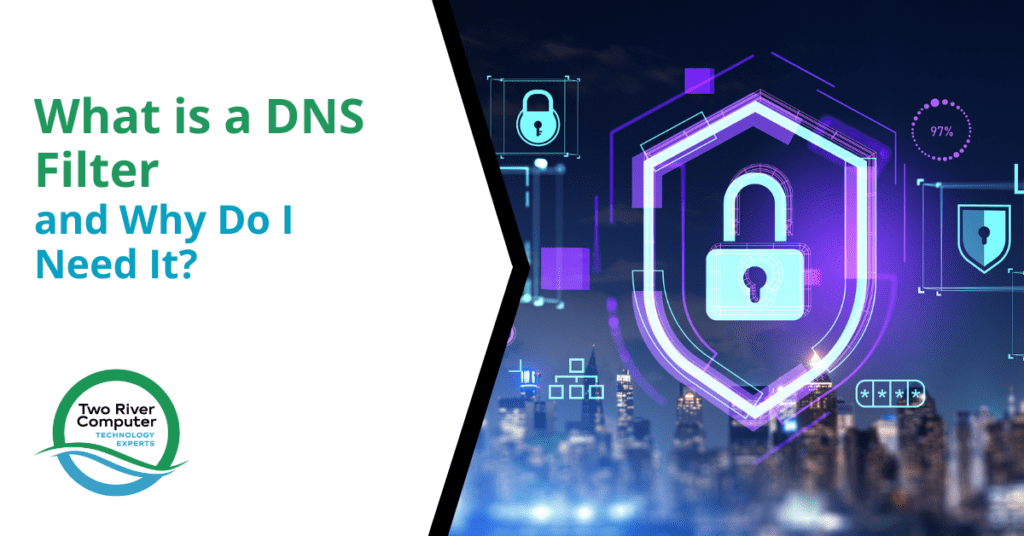
In today’s digital landscape, internet security has become more critical than ever. With cyber threats constantly evolving, it is crucial for individuals and businesses alike to safeguard their online activities.
One essential tool for enhancing internet security is a DNS filter. In this article, we will explore what a DNS filter is, how it works, and why you need it to protect yourself and your organization from potential threats.
What are DNS Filters?
DNS, or Domain Name System, is a fundamental component of the internet infrastructure. It translates human-readable domain names (like www.example.com) into machine-readable IP addresses. Whenever you access a website or use an online service, your device sends a request to a DNS server to resolve the domain name into an IP address.
A DNS filter acts as an additional layer of protection by inspecting and filtering DNS queries and responses. Its primary objective is to block access to malicious websites, inappropriate content, or other potentially harmful online destinations.
How DNS Filters Work
DNS filters function through predefined rules and policies that determine which websites users are allowed to access. These filters can be implemented at various levels, from individual devices to network-wide configurations.
Benefits of DNS Filters
- Enhanced Security: DNS filters help prevent access to known malicious websites, protecting users from malware, phishing attempts, and other cyber threats.
- Content Control: They allow administrators to block or restrict access to certain websites, ensuring users comply with acceptable usage policies.
- Bandwidth Optimization: By blocking access to unnecessary or non-work-related websites, DNS filters can help optimize network bandwidth.
- Time Management: They can be used to limit access to specific websites during work hours, helping employees stay focused and productive.
Importance of DNS Filtering for Businesses
Mitigating Cyber Threats
In the corporate world, data breaches and cyberattacks can have devastating consequences. Hackers often use malicious domains to distribute malware, steal sensitive information, or launch phishing campaigns. A DNS filter can prevent employees from unknowingly accessing these dangerous websites, significantly reducing the risk of a successful cyber attack. If you’re planning to sell your domain, do a domain appraisal to see if your domain is safe.
Protecting Company Reputation
Inappropriate content and malicious websites not only pose a security risk but can also harm a company’s reputation. Accessing or distributing inappropriate material at work can lead to legal issues and damage the brand’s image. DNS filtering helps maintain a safe online environment for employees and protects the company’s reputation. Reputation management costs may vary depending on the work and length of service.
Regulatory Compliance
In many industries, regulatory bodies require companies to implement security measures to protect customer data and privacy. DNS filters assist in meeting these compliance requirements by adding an extra layer of protection against cyber threats.
DNS Filtering for Home Users
Child Safety and Parental Control
For families with young children, internet safety is a significant concern. DNS filters can be employed to block access to explicit content or websites deemed inappropriate for children, providing parents with peace of mind.
Preventing Cyberbullying
Cyberbullying has become a prevalent issue, particularly among young internet users. DNS filters can block access to websites and forums where cyberbullying often occurs, helping create a safer online environment for children and teenagers.
Guarding Personal Information
In an era where online privacy is increasingly at risk, DNS filters can prevent access to phishing websites attempting to steal personal information like login credentials, credit card details, or social security numbers.
How to Implement DNS Filtering
There are several ways to implement DNS filtering, depending on your needs and preferences.
- Router-Level Filtering: Many modern routers have built-in DNS filtering capabilities, allowing you to apply filters to all devices connected to your home or office network.
- Third-Party DNS Services: There are various third-party DNS filtering services available that offer comprehensive security features and content control options.
- Software Solutions: Some software applications provide DNS filtering functionalities, allowing you to apply filters directly to individual devices.
Protect Yourself Today
DNS filtering is a crucial component of modern internet security. Whether you are a business looking to protect your network and employees from cyber threats or a parent seeking to create a safer online environment for your children, DNS filters offer a reliable solution. By blocking access to malicious websites, inappropriate content, and potentially harmful online destinations, DNS filters provide enhanced security and peace of mind.
If you want to learn more about DNS filtering or explore how it can benefit your organization, feel free to contact us at Two River Computer. We are here to help you enhance your internet security and protect your online activities.


